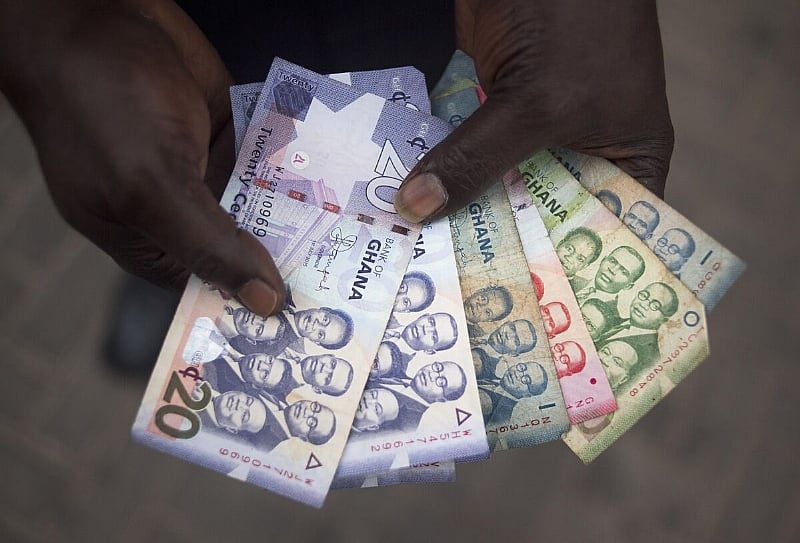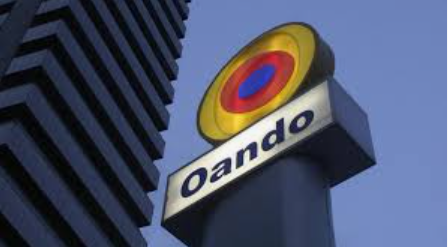The Ghanaian Cedi has experienced a notable depreciation against the United States dollar, with its buying and selling rates declining by 2 and 3 pesewas, respectively, since the previous Friday. As of the morning on Saturday, November 2, 2024, the buying rate stands at GHS16.28, while the selling rate is GHS16.72, according to Cedirates.com, a reputable source for currency and fuel updates in Ghana. This trend indicates a gradual weakening of the Cedi, reflecting broader economic trends as the currency continues to face pressures in the foreign exchange market.
When examined against interbank rates, the Cedi shows a slightly different picture, trading at GHS16.29 for buying and GHS16.31 for selling against the US dollar. This suggests that the interbank market is slightly more favorable than the standard market rates for consumers, which may indicate liquidity differences or varying demand and supply dynamics. It is crucial for both businesses and individuals to be aware of these rates, as they affect transactions significantly, especially for those engaging in import and export activities.
In addition to the USD, the buying and selling rates for the British Pound Sterling and Euro also present interesting data. The average rates for the British Pound are GHS20.83 for buying and GHS21.63 for selling, while the Euro’s rates are GHS17.47 for purchasing and GHS18.21 for selling. Notably, on the Bank of Ghana interbank market, the Pound is traded at GHS21.12 while the Euro stands at GHS17.69. This information reveals the fluctuation in value between major currencies, which can impact international business dealings, tourism, and foreign investment in the region.
For those interested in remittances, services like LemFi and Afriex offer competitive rates for sending money to Ghana from the US and UK. As per the latest data, these platforms are offering to exchange at rates of GHS16.35 and GHS15.66 for each dollar sent. For the British Pound, the rates are GHS21.20 for buying and GHS20.69 for selling, showcasing these platforms as viable options for cross-border transactions due to their fairly advantageous rates compared to traditional banking institutions.
Afriex is the only platform that updated its Euro rates on the same Saturday, reflecting a selling price of GHS17.21 for €1. This responsiveness in rate updating may indicate a focus on providing dynamic services to customers who often rely on real-time data to make informed financial decisions. These money transfer options are especially critical for the Ghanaian diaspora wishing to support families back home, illustrating the importance of accessible financial services in a globalized economy.
Finally, for those planning to renew subscriptions on platforms like Netflix, Spotify, or Apple Music, Visa and Mastercard are offering exchange rates of GHS17.49 and GHS17.55 for one US dollar. This aspect highlights the necessity of staying updated on currency exchange rates as they relate to everyday expenses, particularly for digital services that are increasingly used across various socio-economic segments. Understanding the costs associated with these subscriptions in local currency terms becomes essential for consumers as they navigate financial commitments in a fluctuating economic landscape.














